Menu
Columns
Showing 3546 Columns
Showing 3546 Columns
September 1st, 2017
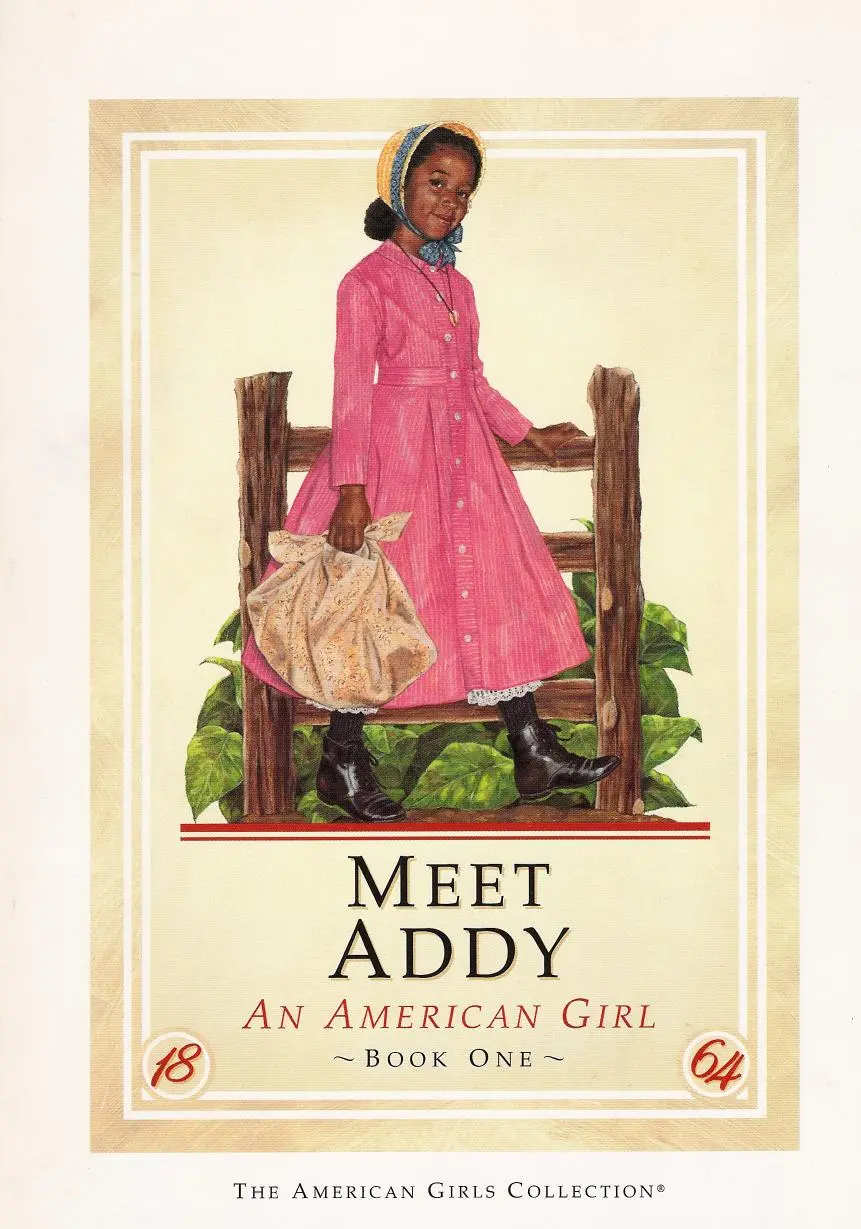
The American Girls franchise was radical and so instrumental to my education as a child. I grew up during the good ole days of the OG squad of eight (okay, technically, Kaya wasn’t added until after I was introduced to the gang, but she was my second-favorite, so I count her).
Read Column →August 31st, 2017
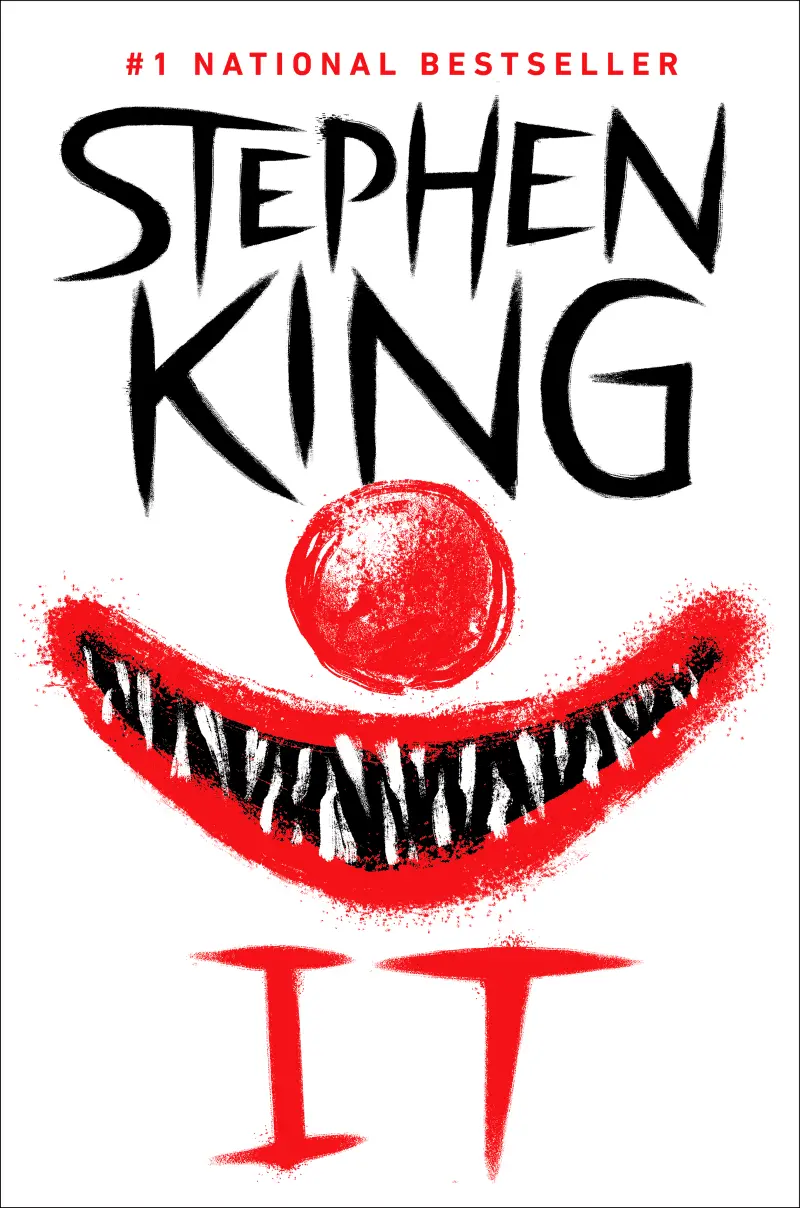
Stephen King's IT is a big-ass book. Something like 440,000 words. That's like 75% the length of Atlas Shrugged (561,000 words) or War and Peace (587,000 words). When you’ve read IT, you’ve read almost all of a couple books famous for being ridiculously long. I’m dumb, which is why I decided to read Stephen King’s It for a book club. And because it was a book club book, I had about a week to read it. Okay, I had a month, but I'm not perfect.
Read Column →August 30th, 2017

Header image via Unsplash Being a debut author these days, with or without the backing of the Big Five, means doing whatever you can to get the word out about your book.
Read Column →August 29th, 2017
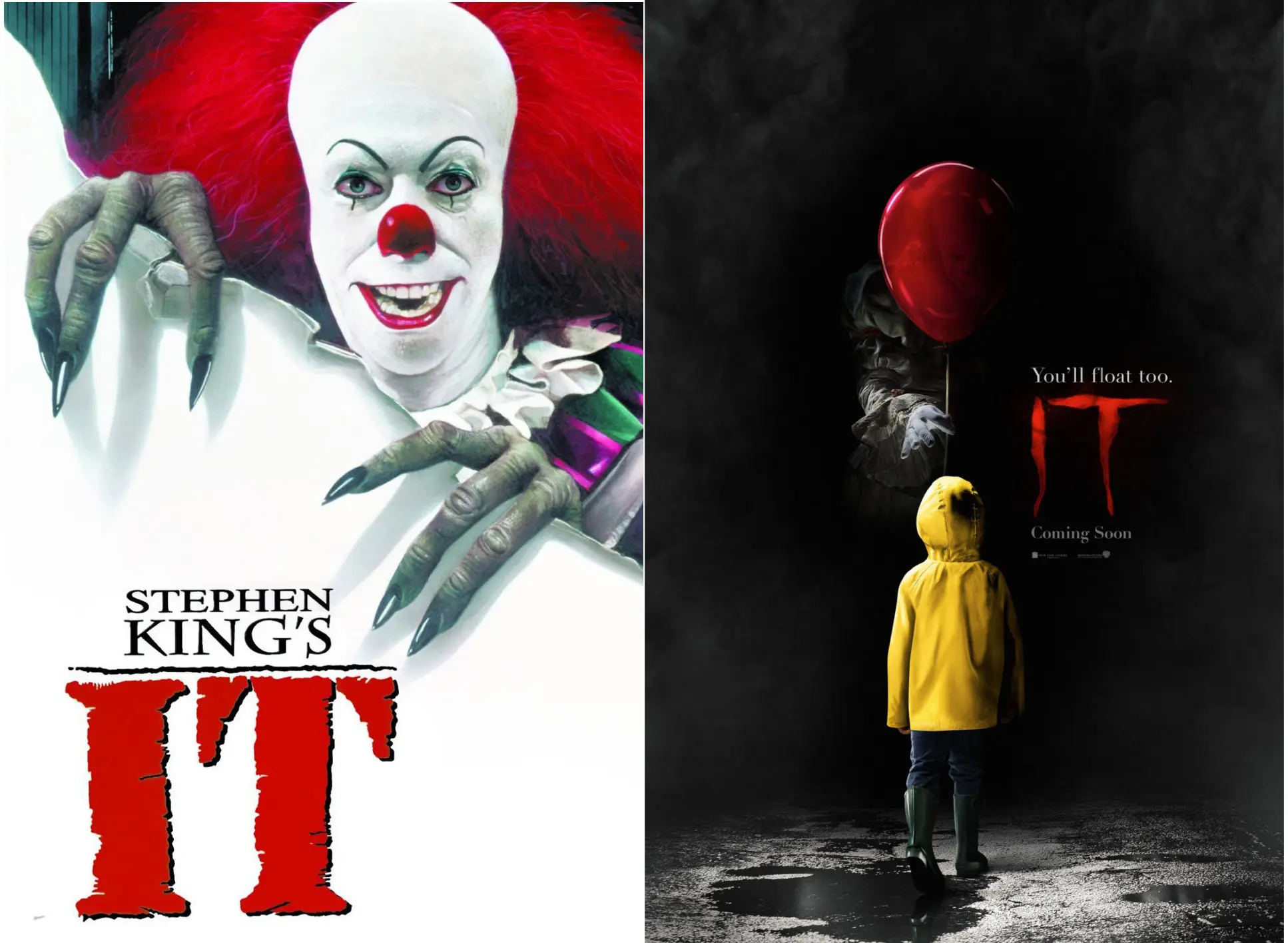
Listen, not many people know this, but IT—you know, the new movie based on Stephen King's book, the one with the terrifying trailer—is a remake. I know, it's not something you want to hear. The creativity of storytelling is being killed with all these remakes. If the original IT cannot stand the test of time, how can we expect storytellers to go on, knowing the world simply wants the same story told to them over and over again?
Read Column →August 24th, 2017
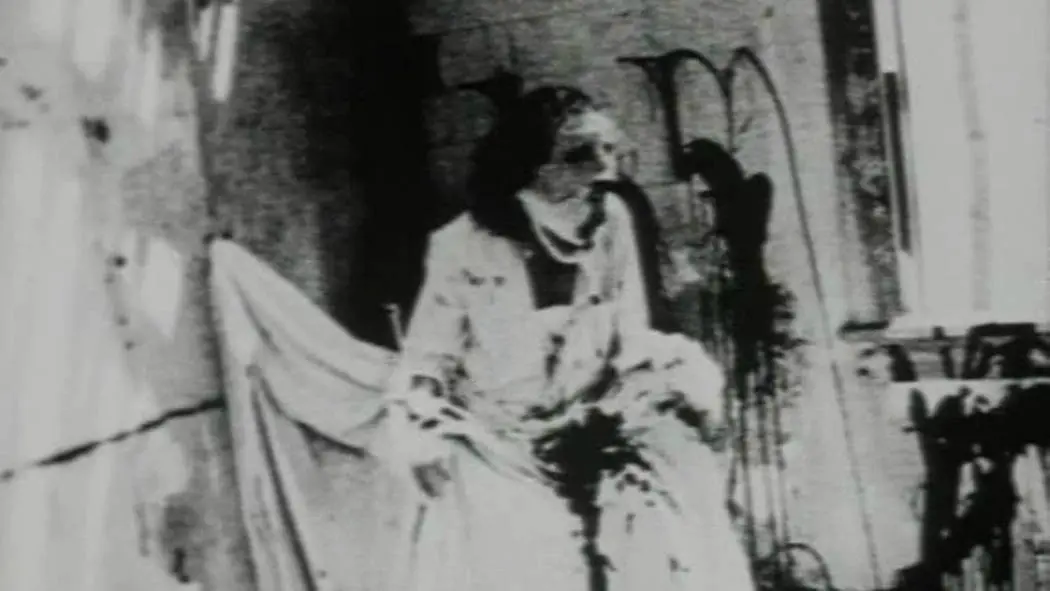
Header image: Begotten A few years ago I read and reviewed Blake Butler’s 300,000,000 for Electric Literature. I couldn’t get my head around it. At times during my reading I felt lost, weirded-out, even physically ill. My review speaks to this confusion, like someone walking out of a haunted house that’s actually haunted. It thrilled me, but I wasn’t sure if I liked it.
Read Column →August 23rd, 2017

You've been there. A friend of yours posts that she's about to watch a movie. You "like" the post and drop your two cents. Three seconds later, some random person calls you a fucking idiot who doesn't know what he's talking about. If that doesn't happen, then maybe you tell someone who posted about Black Lives Matter being the true root of all racial unrest in the country that maybe the douchenozzles with the Nazi flags are to blame.
Read Column →August 23rd, 2017
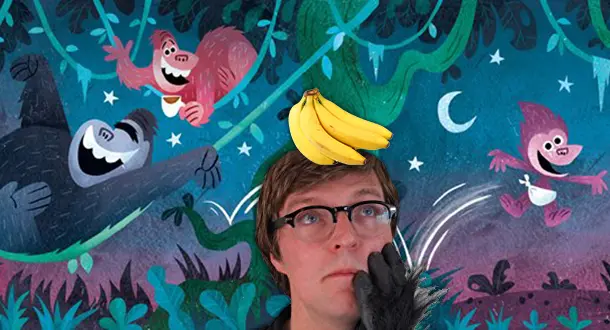
My publisher was concerned about gorillas taking their clothes off, possibly for money, I think. Stripping gorillas must be a big problem in some parts of the country, because this seemed like a deal-breaker. My first children’s book was originally called Gorillas A-Go-Go, but that title wasn’t going to fly. The A-Go-Go part implies stripping, someone said.
Read Column →August 22nd, 2017
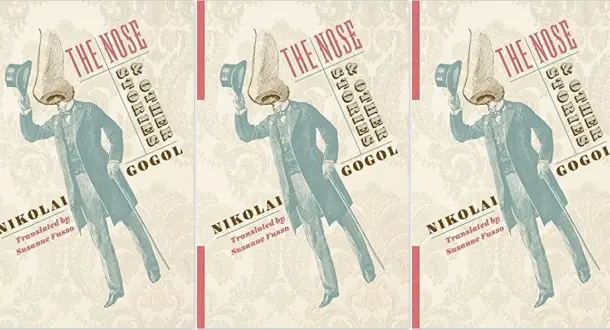
In his seminal story “The Nose,” Nikolai Gogol posits “[s]trange events happen in this world, events which are sometimes entirely improbable.” If you’ve never read “The Nose,” it’s about an official from St. Petersburg whose nose is cut off and goes on to live a life of its own. It converses. It walks around. It rises in social rank to a station higher than that of its owner. It’s not a realistic story. This is the kind of work that we need now.
Read Column →🎼
Tell us about your book, and we'll give you a writing playlist
Take our 1 minute quiz to find your ideal tunes.